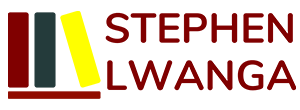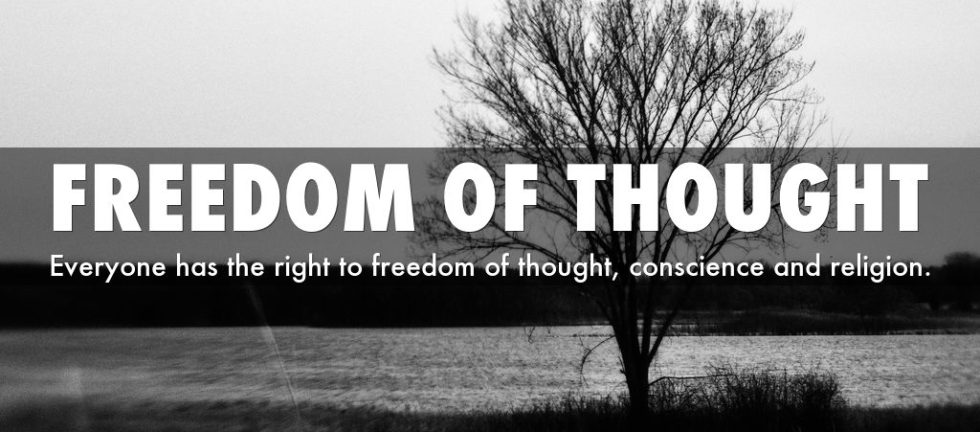There are freedoms which we take for granted and this is something I want us to think about. The Baganda have a saying that “travelling is seeing”. Literally, what it means is that you learn when you travel outside your environment. I have had the opportunity to travel to the Democratic People’s Republic of Korea (DPRK), commonly known as North Korea – twice. I will continue referring to the country as North Korea, for ease of reference.
It is an opportunity which not many people have had and I learned a lot. The part of the country I saw is very beautiful, but my major take home was the blatant control the “system” exerts over its people. They are denied freedom of expression, thought, association and choice; and all the other freedoms that we normally take for granted.
On arrival at the airport, I found two people waiting for me. One was my interpreter; a young university girl who spoke very good English. She had lived in India – in New Delhi – because her father used to work for the World Health Organization. That is how she learned to speak English and the reason she was recruited as my interpreter. We got on very well.
The other was a medical doctor and he served as my shadow or keeper; sitting in on all the meetings I held, but never saying a word. I realized that his task was to curtail my freedom of movement and association.
These two people moved out of their homes and into in the same hotel as me, but there was no contact therein. As soon as we arrived, they would retreat to another section of the hotel, wherever that was. We would only meet in the lobby although I suspect they were aware of my every movement through the security systems.
After checking-in at the hotel on arrival, the shadow took my passport and air tickets on the pretext of reconfirming my travel bookings and filling in some obscure form. This, I was later told by my UN hosts, was standard procedure.
Documents are not returned until the visitor is about to check out of the hotel to leave the country. I found this unnerving because when I am in a foreign country, I want to have my documents on my person at all times. The guide kept telling me, “Yes, yes; we are going to bring the documents back.”
This was until I realized they were going to bring them back only when they were required, since I did not need them while I was in the country. Since I was always with the guide and his job was to vouch for
me, the “system” was always aware of what I was doing. Actions like this undermined the freedoms I was accustomed to.
Our meetings were interesting. You would ask a simple question through the interpreter who would then address the people around you, hopefully conveying your question. At this point, the people in your company would then begin to talk amongst themselves and since you do not understand what they were saying, you could only assume that they were discussing your question. Nor did it matter how simple the question was.
For example, having checked-in at the hotel, you would ask: “Where are the dining rooms?”
The guide and the interpreter would start discussing the question and, again, since you did not understand what they were saying, you had to assume they were discussing the question at hand. Finally, upon realizing that no one was going to answer your question, you simply had to walk away. At that point, the guide would follow you until you stumbled into the dining room; around the corner from the front desk. It was strange!
I have travelled to many countries and stayed in many hotels, but this was a phenomenon I found intriguing. Eventually, it dawned on me that my guide and interpreter – let alone the hotel worker at the check-in counter – were not free to respond to my questions on the spot.
As far as communication was concerned, the people would not accost or speak to foreigners. In fact, they gave the impression that they were frightened; not of you doing them any harm, as I discovered over the weeks I was in the country, but for their own protection. They did not want to be accused of contacting foreigners and that is why they kept their distance. They do not have freedom of association and would not respond even if you greeted them.
In many countries, even if you do not know the language, when you meet someone, you can say “Hello”, globally decipherable as a greeting, and they would respond. Not in North Korea. When you meet people, it is obvious that they are trying not to see you or respond to your greeting. Instead, they leave you alone. It is a strange environment!
As for contact, there was total segregation between foreigners and nationals. All the people in the dining room were foreigners. It was impossible to come across nationals therein and I believe that if a foreigner collapsed on the street, he or she would die without a national daring to assist them. The people seemed to be “programmed” not to make any contact with foreigners.
Now, I turn to the point of independent-thought or being able to think for yourself. I was struck by a sense of absolute control on individual decision making. Brainwashing comes under many guises including cultural, religious, political, etc. and in North Korea, political brainwashing was prominent starting at a very early age.
I saw this when I visited their nurseries and kindergartens and three to four-year old children put up shows for me, reciting nursery songs that were all about the political leadership (as my interpreter
translated for me). These were not playful recitals. The children’s faces were etched with serious conviction in regard to what they were reciting.
I could not believe how brainwashed the children were and realized that with this kind of mind control, the system could do anything it wanted to the entire population. As I said, no straight answer can be given because people do not have a developed sense of independent-thought.
Answers to questions must be given according to the system’s dictionary of responses and therefore, when a question is posed, it must first be passed on to someone to crosscheck before an answer can be given – possibly the following day. Think about it.
Nationals, I understood, were not allowed in the city sector occupied by foreigners unless they were given permission. These are the freedoms that we sometimes take for granted, until we find ourselves in an environment where these freedoms are not universally enjoyed.
As I said before and reemphasize now, nationals were not allowed to have one-to-one contact with foreigners without authorization. Nationals working in international organizations are not allowed to bring their families to office parties because this would create opportunities for contact between foreigners and nationals.
Foreigners are not allowed to visit nationals with whom they work; and nationals are also not allowed to visit the homes of their foreign colleagues. Segregation is absolute and there are even special buildings for foreigners to meet with government officials in specially designated areas. Meetings are not held in government ministries.
I could not exercise my freedom to shop freely; firstly because I had no access to local currency and secondly, because I did not see any shops as we know them in other parts of the world. I was informed by my UN hosts that foreigners were not allowed to shop at street kiosks and markets, except for those designated for foreigners. Conversely, foreign-designated shops are out of bounds for nationals and accept only international currencies.
The UN organization which recruited me to work in support of the government of North Korea directed me to the foreigners’ shop. Upon arrival, the driver, the guide, and interpreter did not get out of the vehicle when I stepped out to make my purchases. After I bought what I wanted and went back to the vehicle, my interpreter asked me: “How does the shop look like? What things are sold there?”
She was intrigued but you could see that even if I had invited her to go into the shop with me, she would not have dared to do so. She knew that she was not free to walk into that shop. There was a bookshop at the hotel where I was staying, but the only books sold, translated in a number of languages, were written by the Great Leader and the Dear Leader.
Putting aside the inconvenience of working in an environment of people controlled like puppets, I took long walks in Pyongyang, ostensibly without anyone accompanying me, although I had a feeling that their were eyes on me at all times.
The capital city is green with plenty of trees, wide streets and very few cars. It was an ideal place for walking because the streets were empty and I did so often – for exercise purposes. I also travelled out of the capital, Pyongyang, with the guide and interpreter – of course. I had a very enjoyable time, walking on the street surrounded by people and yet, feeling as if I was alone.
The people were very disciplined, to put it mildly. They did stare at me even though I stood out as a real stranger. Most people in the city had probably never laid eyes on a black person yet I did not catch anyone staring at me which would have been the likely case travelling in Europe under similar circumstances. It is a freedom they simply do not have.
As for ambiance, you do not hear or see people laughing which is strange. A group of people that does not laugh is a signal that there is something wrong. People talk in muted voices and whispers. When I was in the hotel lobby, it felt like I was in the reception area of a funeral home. It was very strange!
But there are some areas where you can say that they are lucky. The place was spotless and there were no plastic bags suffocating the land. It was a utopia in this sense. Accommodation, education and free medical care are supposed to be provided for all. The operative word, however, is SUPPOSED.
I did not see any street children or beggars on the streets and when I asked my interpreter about prisons, she gave me a laughable response that there were none. Well, maybe she was right; I did not see any prison. But what is a prison?
A prison is a building and my hotel could have been a wall-to-wall prison of which I would not have known. There were also no politicians; only leaders. It was the first country I visited where petrol is sold in kilogrammes. And there is one eternal president who is dead. These were some of the oddities.
We take for granted, as I said, that you decide what to do. You meet a stranger and when you say “Hello”, the stranger responds. You ask a question and you receive a response right away. You use your brain to make decisions.
We take these rights for granted but there are people that do not enjoy these freedoms. Think about the freedoms you have. You should cherish and guard them jealously so as not to lose or have them taken away from you.
Think about it.

